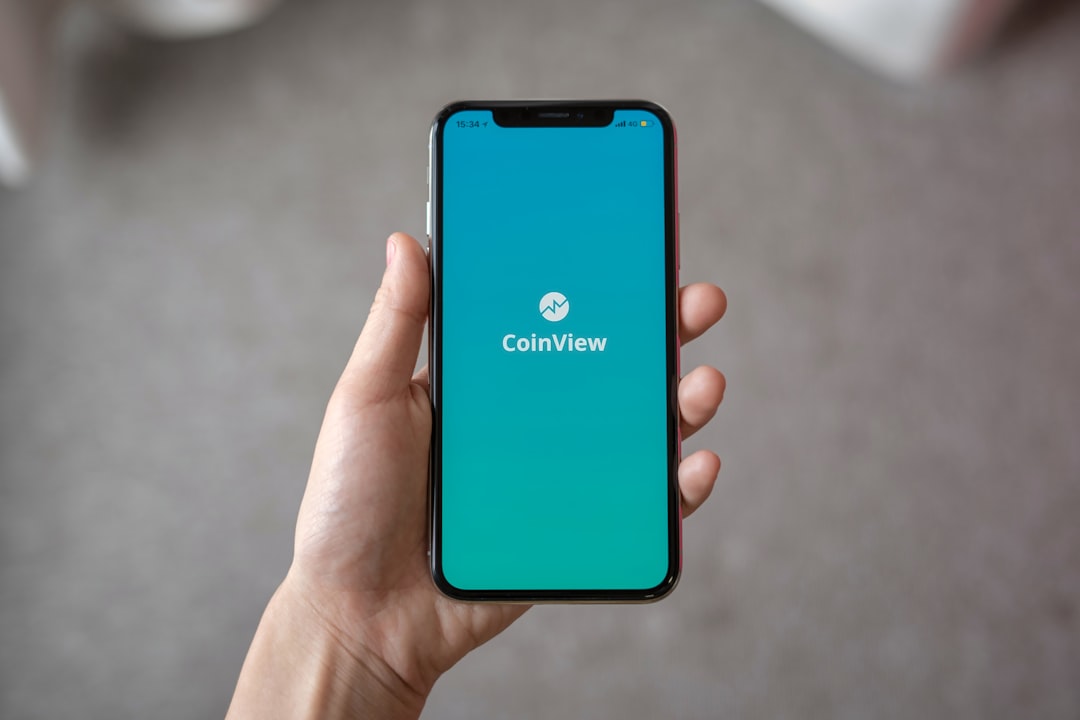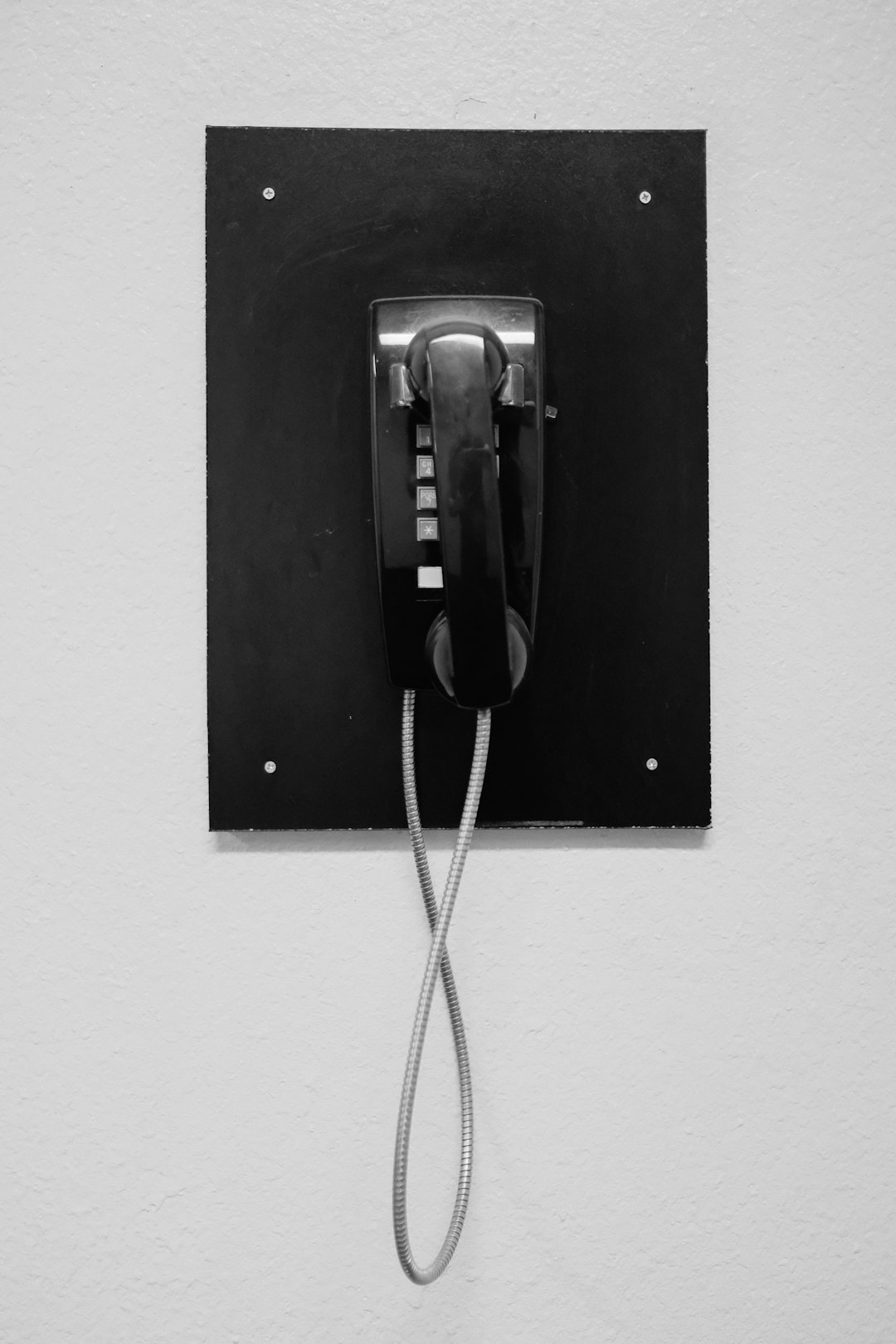Connecticut's strict regulations, including TCPA and state laws, govern autodialers to protect consumers from robocalls. Businesses using autodialers need a lawyer for autodialer Connecticut to ensure consent requirements are met, preventing legal repercussions and fines. Compliance involves crafting consent forms, honoring opt-outs, avoiding National Do Not Call Registry numbers, and staying updated on legal standards. Illegitimate robocalls can lead to FTC action and severe penalties; reporting them and consulting a specialized lawyer for autodialer Connecticut is advised.
In Connecticut, understanding the legal framework surrounding robocalls is crucial for businesses and individuals alike. With the rise of automated dialing systems, knowing your rights and responsibilities is more important than ever. This comprehensive guide delves into Connecticut’s laws on robocalls and autodialers, outlines the legal requirements for using such systems, provides do’s and don’ts for businesses, and clarifies when robocalls cross the line into illegal territory. For those seeking guidance, hiring a lawyer specializing in autodialer laws in Connecticut can offer vital support in navigating this complex landscape.
Connecticut's Laws on Robocalls and Autodialers
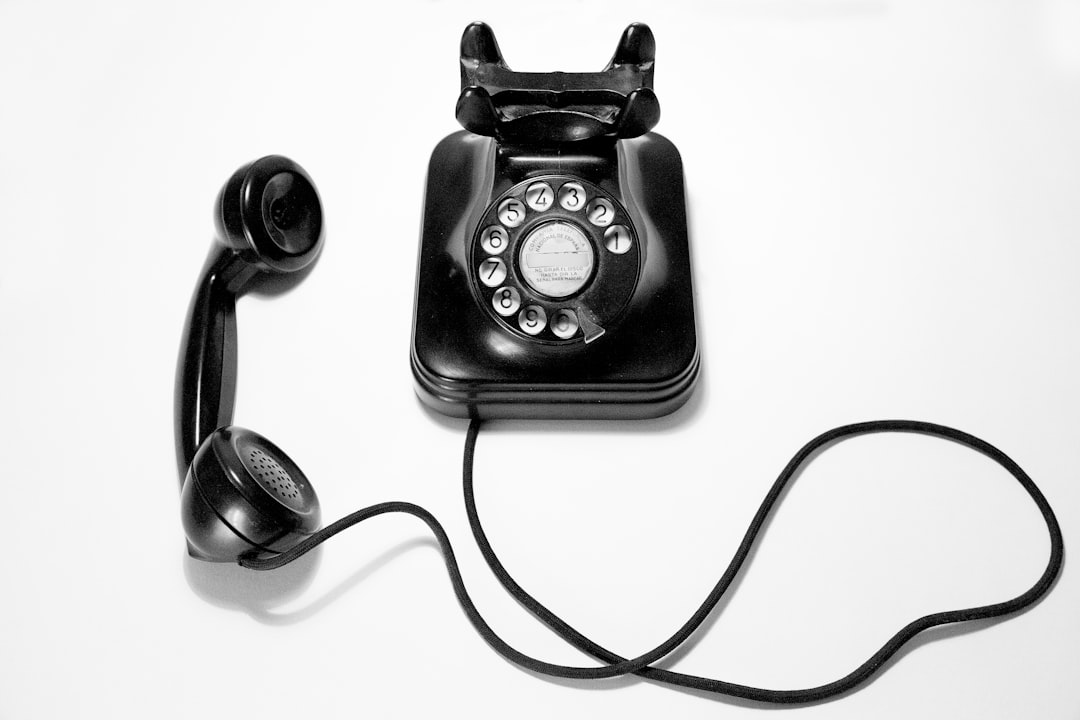
In Connecticut, the legal framework regarding robocalls and autodialers is designed to protect consumers from unwanted and intrusive marketing calls. The state’s laws are in line with federal regulations, such as the Telephone Consumer Protection Act (TCPA), which restricts the use of automated dialing systems for telemarketing purposes without prior express consent.
A lawyer for autodialer Connecticut can help businesses understand and navigate these regulations. They ensure that companies using autodialers obtain proper authorization from recipients before making robocalls, thereby avoiding potential legal consequences and fines. These measures are crucial in maintaining a harmonious balance between marketing efforts and consumer privacy rights.
Legal Requirements for Using an Autodialer System
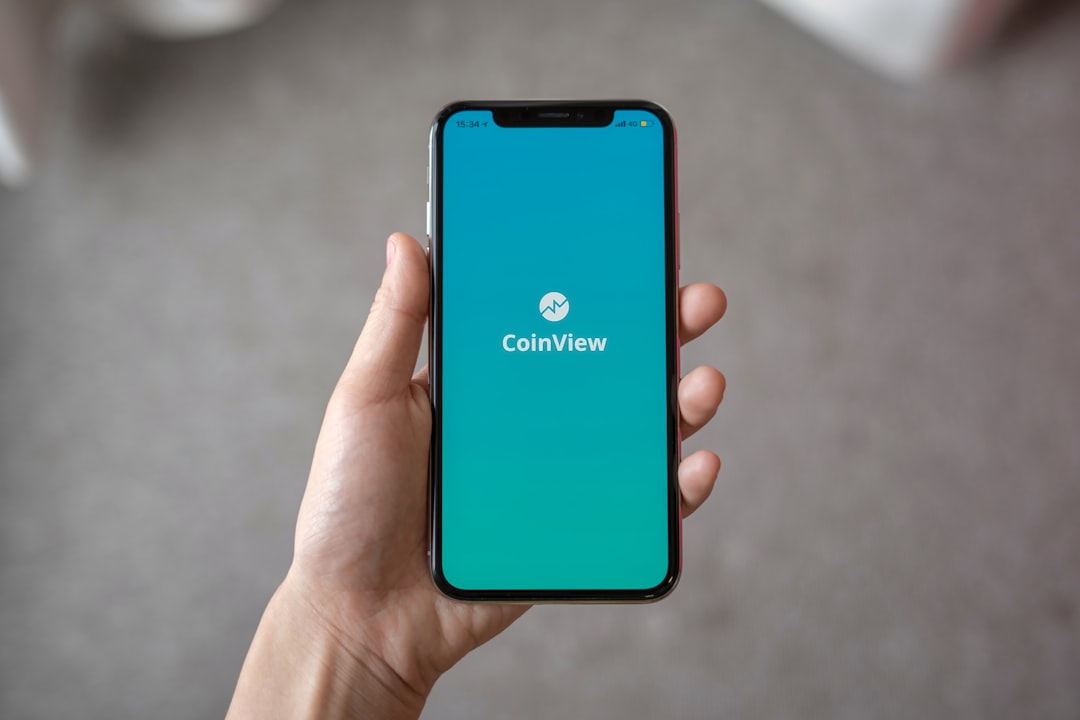
In Connecticut, the use of autodialers or automatic telephone dialing systems (ATDS) is regulated by state and federal laws to prevent harassing phone calls. According to the Connecticut General Statutes § 52-394a(b), it’s illegal for any person or entity to make a telephone call using an ATDS or prerecorded voice without first obtaining express consent from the recipient. This law is designed to protect individuals from unwanted and unsolicited automated robocalls, ensuring their privacy and peace of mind.
If you’re considering implementing an autodialer system for your business in Connecticut, it’s crucial to consult with a qualified lawyer for autodialer Connecticut. Legal experts can guide you through the intricacies of these regulations, helping ensure compliance to avoid potential penalties and lawsuits. They can also assist in crafting consent forms and developing practices that align with consumer protection laws, thereby safeguarding your business interests while respecting the rights of consumers.
Do's and Don'ts for Businesses Making Robocalls

When engaging in robocalling campaigns, businesses must adhere to strict regulations to avoid legal repercussions. Here are some key do’s and don’ts to keep in mind:
Do: Obtain prior consent from recipients before making automated calls. This is a fundamental requirement set by the Connecticut General Statutes (CGS) § 33a-1407, which implements the federal Telephone Consumer Protection Act (TCPA). Always inform individuals how they can opt-out of receiving such calls. Use an autodialer system that complies with relevant laws and has mechanisms to manage consumer choices.
Don’t: Make robocalls without proper authorization. Avoid calling phone numbers listed on the National Do Not Call Registry, as these individuals have explicitly opted out of marketing calls. Refrain from using automated voice messages for purposes other than those permitted by law, such as for emergency or informational services. Ensure your business employs a reliable lawyer for autodialer Connecticut to stay updated with legal developments and best practices in robocalling.
When Is a Robocall Consider Illegal in CT?
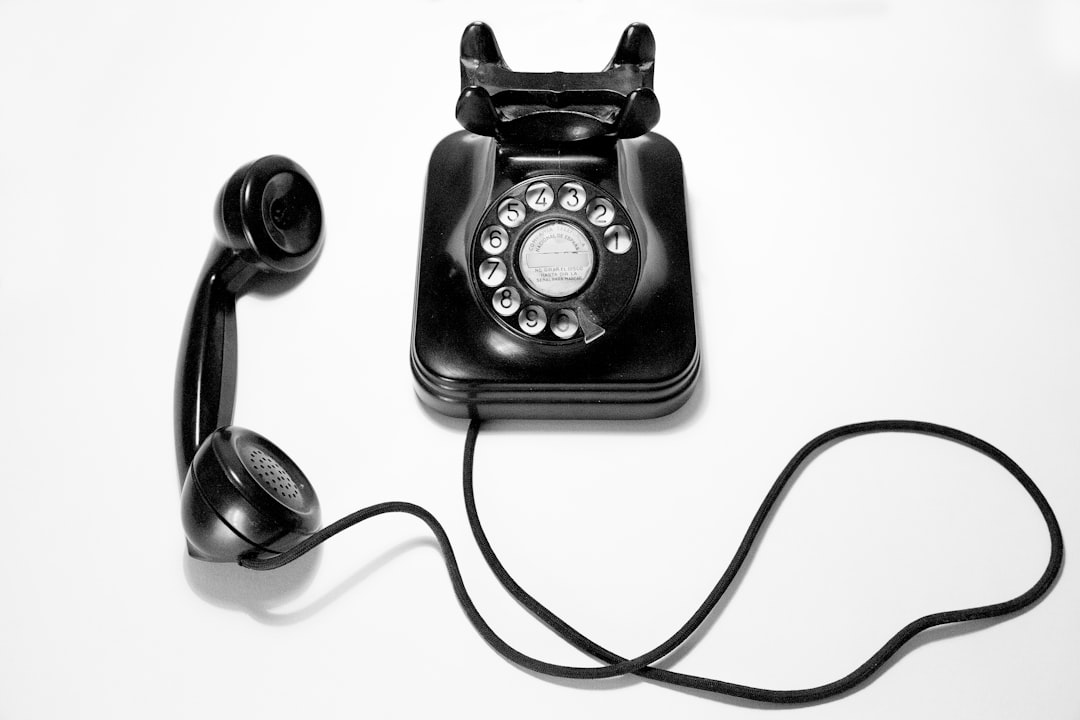
In Connecticut, robocalls can become illegal under certain conditions. If a call is made using an automatic dialing system or prerecorded message without the prior express consent of the recipient, it is generally considered unlawful. This includes calls for marketing purposes, debt collection, or any other commercial solicitations. Furthermore, if a caller ignores do-not-call requests or continues to contact individuals despite being added to the National Do-Not-Call Registry, they may face legal repercussions.
Individuals who believe they have received illegal robocalls in Connecticut can take action by reporting the calls to the Federal Trade Commission (FTC) and/or consulting with a lawyer specializing in autodialer law. A qualified attorney can help navigate the complexities of consumer protection laws and guide victims through potential legal options, especially if the calls caused financial harm or severe distress.
